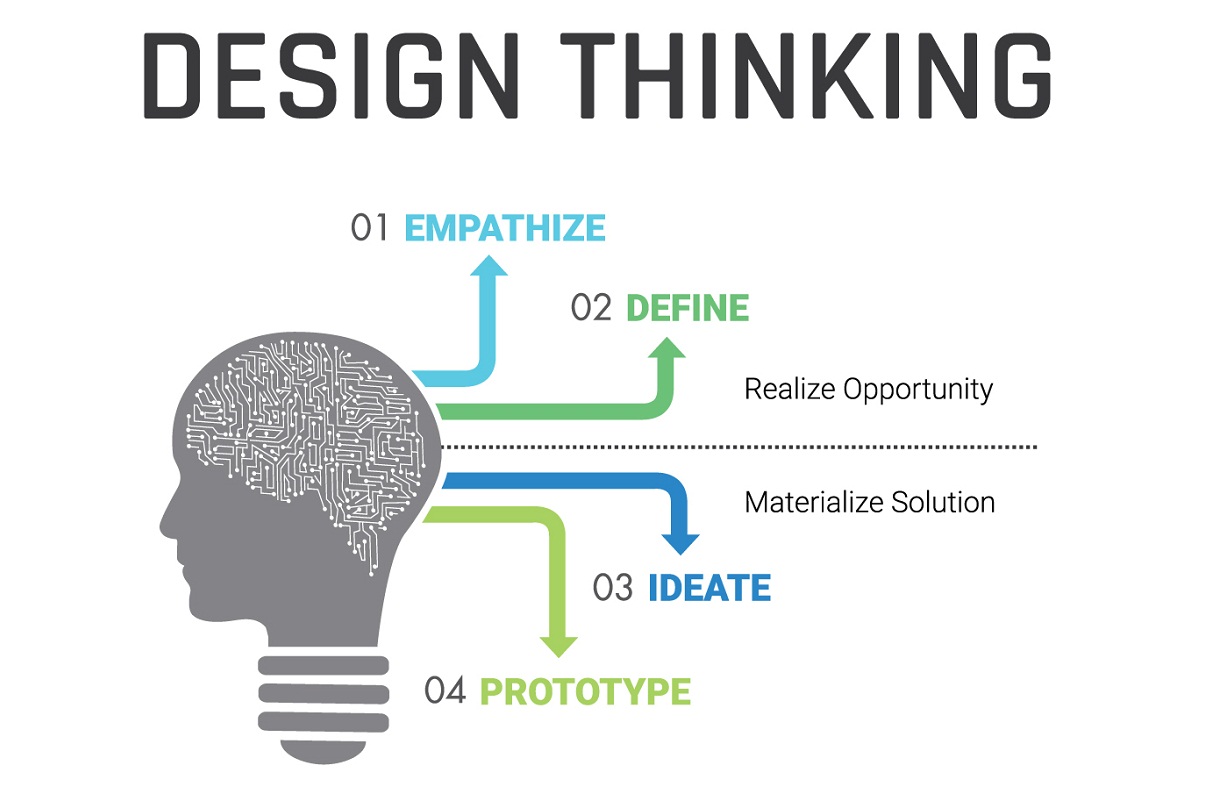
21 young people with rock solid passion for innovation and social change joined together at the city’s EMK Center to attend an event "Think - Design - Make @ Makers' Lab" organized by Toru-the idea tree. The aim is to learn how to think, understand and innovative products and services as per the disciplines used by the MIT Media Lab. This is a 5 day long workshop, first of its kind in Bangladesh. The conductor, Nazmus Saquib, is a graduate student at MIT Media Lab.

Saif Kamal, Founder of Toru and Nazmus Saquib are met by fate and realized they shared the passion of creating innovation ecosystem that can solve social problems. “Startup is a buzz word in Bangladesh. Everyone out there is talking about it. And I like the energy and how people are trying to do great things. However the soul of startups is innovative products and that is missing. You will rarely find any groundbreaking ideas that can drive a fundamental change. But great companies capitalize on innovation” says Saif Kamal.
This is more than the truth. I wrote about this here before. Saif, as a keen observer of our culture, has a name for this imitation culture, he named it "entrepreneurial cannibalism".
Toru-the idea tree
“You need innovation for entrepreneurship to thrive. Entrepreneurship thrives on viable markets. Social problems also mark the space for entrepreneurship to thrive. Our vision to transform innovations to social enterprises begins here. We aim to fill the gaps and challenges that stand as hurdles for this transformation. The workshop Think - Design - Make, brings global knowledge practices and disciplines to Bangladesh and unleash the potential and equip them to become not just innovators but grow enterprises to solve social problems ,” says Saif.

Think-Design-Make
Think-Design-Make is a 5 day long invention and design thinking workshop aims to facilitate innovation in Bangladesh. Bangladesh needs innovation but not the same innovation that is in west. We can learn and take practices from west and global innovation but at the end of the day our innovation should be driven by our own needs and socio-cultural problems.

Nazmus Saquib mentions how product development is not done by only engineers but a group which is multidisciplinary. Such dynamics give the best results along with rapid prototyping. Artists, philosophers, mathematicians and computer engineers in his group at the Media Lab are working together to build the products of today to solve a problem. Saquib mentions that “often we engineers think we want to solve problems that do not exist and is way ahead in the future, my mindset changed at the Media Lab. Whenever I pitched a "cool” idea, my professor said , what problem is it solving".
Dots and the Future
Design thinking, especially centering hardware, has become a global movement. In Bangladesh we saw Make-A-Thon last year that brought together designer, maker and developer. Think-Design-Make workshop would add further impetus to this movement, even in a much better and structured way.
“This is just the start”, says Saif, “we want to see how this things go. After these five days we want to keep the conversation open.” The Makers Lab plans to make connection between academia and industries to facilitate innovation whereas Toru will join in to turn innovation into successful enterprises. The purpose is to create an ecosystem just not to promote and facilitate innovation but also to make innovation sustainable and scalable. Create something that works.
We have problems, big and small, that demand attention and innovative solutions. Since problem is the other name of opportunity-there is huge scope to work and make disruption happen in Bangladesh. Makers Lab may be the just a dot in that journey.
Credit: Images by Toru.
